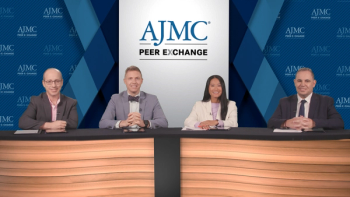
Panelists discuss the challenges of timely diagnosis and comprehensive management of hidradenitis suppurativa, emphasizing the need for early recognition, multidisciplinary care, and empathy-centered approaches to address the physical, emotional, and social burden of the disease.



